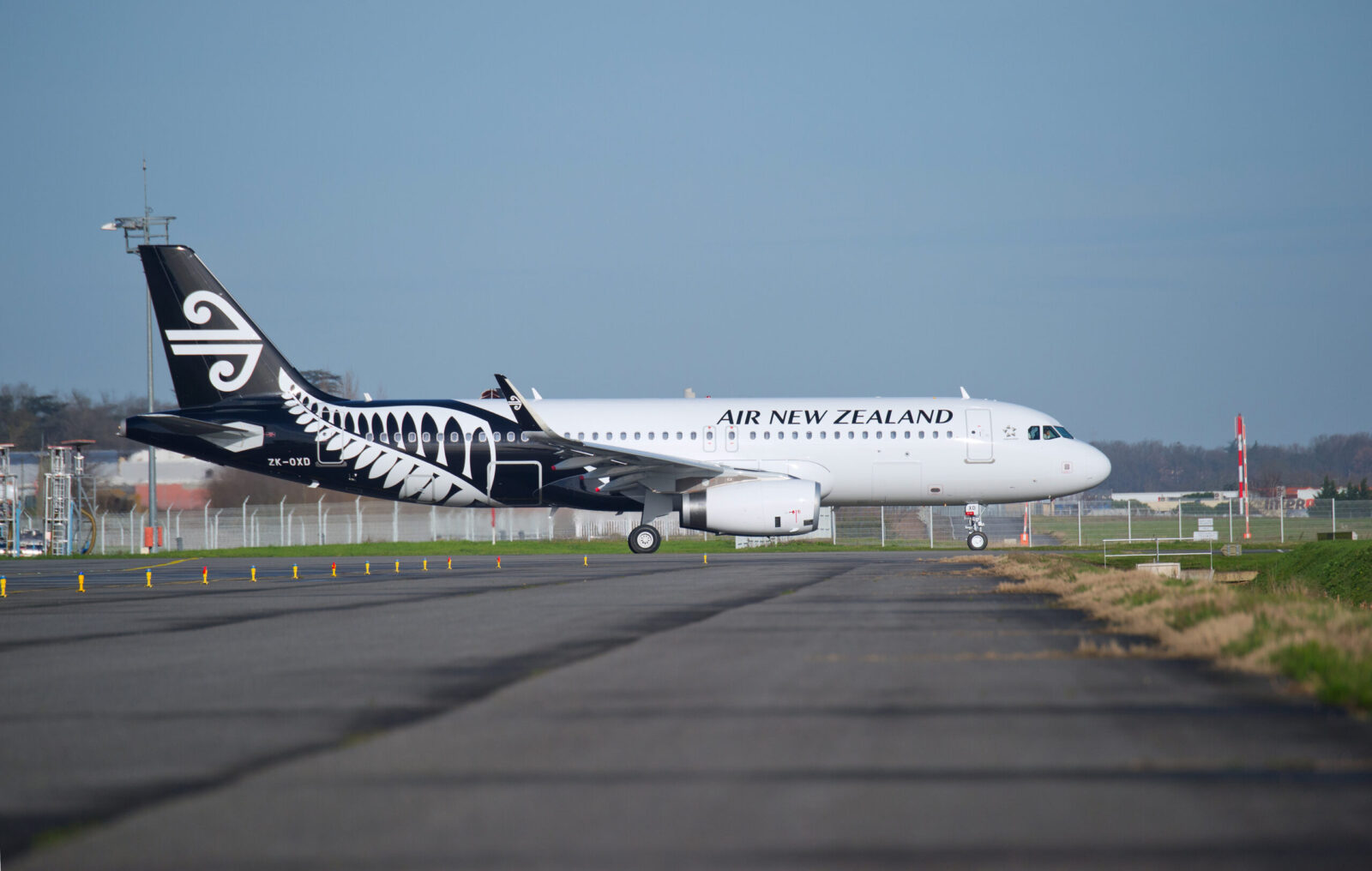
Air New Zealand says it is immediately withdrawing from a programme to reduce its greenhouse carbon emissions by 16.3% within the next six years because doing so is ‘challenging’.
In 2022, the New Zealand flag carrier announced that it had set itself an ambitious emissions target based on research conducted by the Science Based Targets initiative (SBTi). The target requires a 28.9% reduction in carbon intensity by 2030 from a 2019 baseline.
For Air New Zealand, that required a 16.3% reduction in absolute emissions by 2030. At the time, the Chair of Air New Zealand’s external Sustainability Advisory Panel, Sir Jonathon Porritt, said the target was ‘achievable’ but wouldn’t be easy.
On Tuesday, however, Air New Zealand CEO Greg Foran said it was dumping its 2030 emissions reduction target and withdrawing from the STBi network with immediate effect.
The airline had been hoping that sustainable aviation fuels, as well as new, fuel-efficient aircraft, would help it meet its 2023 goal, but Foran cited a number of issues for why the target was no longer achievable.
“Many of the levers needed to meet the target, including the availability of new aircraft, the affordability and availability of alternative jet fuels, and global and domestic regulatory and policy support, are outside the airline’s direct control and remain challenging,” the airline said in a statement.
Foran added: “In recent months, and more so in the last few weeks, it has also become apparent that potential delays to our fleet renewal plan pose an additional risk to the target’s achievability.”
Air New Zealand now believes it will have to keep older and less fuel-efficient aircraft for longer than originally planned because of manufacturing and supply chain issues.
“As such and given so many levers needed to meet the target are outside our control, the decision has been made to retract the 2030 target and withdraw from the SBTi network immediately,” Foran continued.
That doesn’t, however, mean that Air New Zealand is completely giving up on reducing greenhouse emissions.
The airline says it remains fully committed to achieving an industry-wide target to reach net zero by 2050, and Dame Therese Walsh says the carrier is actively considering a new near-term emissions reduction target which takes into account the industry’s current challenges.
The 2050 net zero goal was settled upon at the 2022 annual assembly of the International Civil Aviation Organization (ICAO) and is backed by the industry group the International Air Transport Association (IATA).
IATA also believes that sustainable aviation fuel is critical in decarbonizing the aviation industry but fears that the cost to reach net zero could be in the trillions of dollars.
Related
Mateusz Maszczynski honed his skills as an international flight attendant at the most prominent airline in the Middle East and has been flying ever since... most recently for a well known European airline. Matt is passionate about the aviation industry and has become an expert in passenger experience and human-centric stories. Always keeping an ear close to the ground, Matt's industry insights, analysis and news coverage is frequently relied upon by some of the biggest names in journalism.







